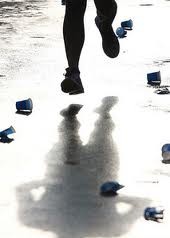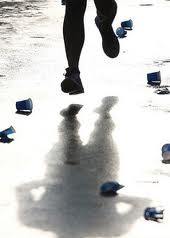Coaching
 If you have a type of personality that strives to educate, support others and empathies with them you could consider a highly rewarding coaching career.
If you have a type of personality that strives to educate, support others and empathies with them you could consider a highly rewarding coaching career.
Beside your passion to touch others lives you would benefit from flexible working hours as most coaches choose a self-employment route. Your earning prospects would be great too, something between $50-$200 per hour depending on the experience and credentials. On top of that, a personal coaching trend is growing as modern society is concerned about their physical and mental well-being more than ever.
Coaching has existed from the dawn of humanity. A personal coach is an individual who supports or even trains another person to achieve his or her goals.
A good thing about a coaching career is that there are many types of coaching you could choose from.
Life Coach
Achievement of personal goals is the main focus for this type of coaching. Life coach is trained to help clients determine what they want out of their lives and provide guidance on how achieve their goals.
Personal Coach
Personal coaching is about personal development that can involve personal, business, or relationship goals. Is different to therapy or counselling in that it deals more with the present than the past and strives to resolve a problem rather than dwell on it.
Sports Coach
Sports coach provides directions, education and training to an individual athlete or a sports team. This type of coaching includes a personal fitness trainer occupation where a coach is helping an individual to achieve his/her best potential or a personal benchmark in their fitness and health. Sports coaches are accountable for sportsmen safety as well as achievements.
Health Coach
Health or wellbeing coaching is a relatively new type of coaching that is orientated towards a psychological aspect of fitness. A health coach looks deeper into individual’s life (lifestyle, eating habits, etc.) to determine obstacles that prevent to achieve a better well-being.
Business or Financial Coach
A business/financial coach does not need to be an expert in finances as they focus on providing a one-to-one support to clients that struggle to attain specific financial goals. This type of coaching strives to monitor individual’s performance where a clients takes accountability. This type of coaching can be provided for the entire staff of the business to cover such aspects as teamwork to setting goals.
Dating Coach
Dating coaches help people who need assistance in meeting and attracting partners. Dating coaching may include such aspects of dating as flirting, fashion, sociology, and even psychology.
Conflict Coach
Coaches who deal with conflict resolution are usually used in organisational setting or marital matters.
The above is not an exhausted list of coaching available–there is a coach for just about every aspect of life. These people strive to help others and you could be a part of it.

